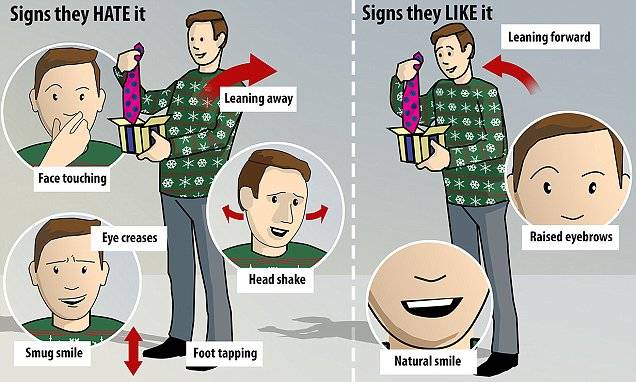 A new study recently published in the Journal of Experimental Psychology has confirmed that a new era of airport security screening is upon us.
A new study recently published in the Journal of Experimental Psychology has confirmed that a new era of airport security screening is upon us.
The study conducted by Thomas Ormerod of the University of Sussex and Coral Dando of the University of Wolverhampton, was partially funded by the British government.
Two hundred four mock airplane passengers, including acting students and undercover cops, were given cover stories and asked to attempt to deceive security agents in real airport screenings in Europe. As an extra incentive, the mock passengers were given money if they successfully avoided detection by the security agents.
The new method of screening is based on establishing rapport and asking passengers open-ended conversational questions while they observe people’s body language and responses, including changes in behavior such as increasingly shorter responses, or evasive or erratic responses. Trained security agents who used this new screening method successfully detected 66% of the mock passengers. Agents who used different methods detected a measly 3%.
The findings of this study could have important implications for preventing terrorist attacks or catching criminals, the researchers said. Moreover, the findings highlight the importance of training to read many of the nonverbal behaviors offered in the Humintell suite of online training courses.

 A recent study out of Germany suggests that one’s ability to read emotions in others may have a direct correlation to how much you earn.
A recent study out of Germany suggests that one’s ability to read emotions in others may have a direct correlation to how much you earn.